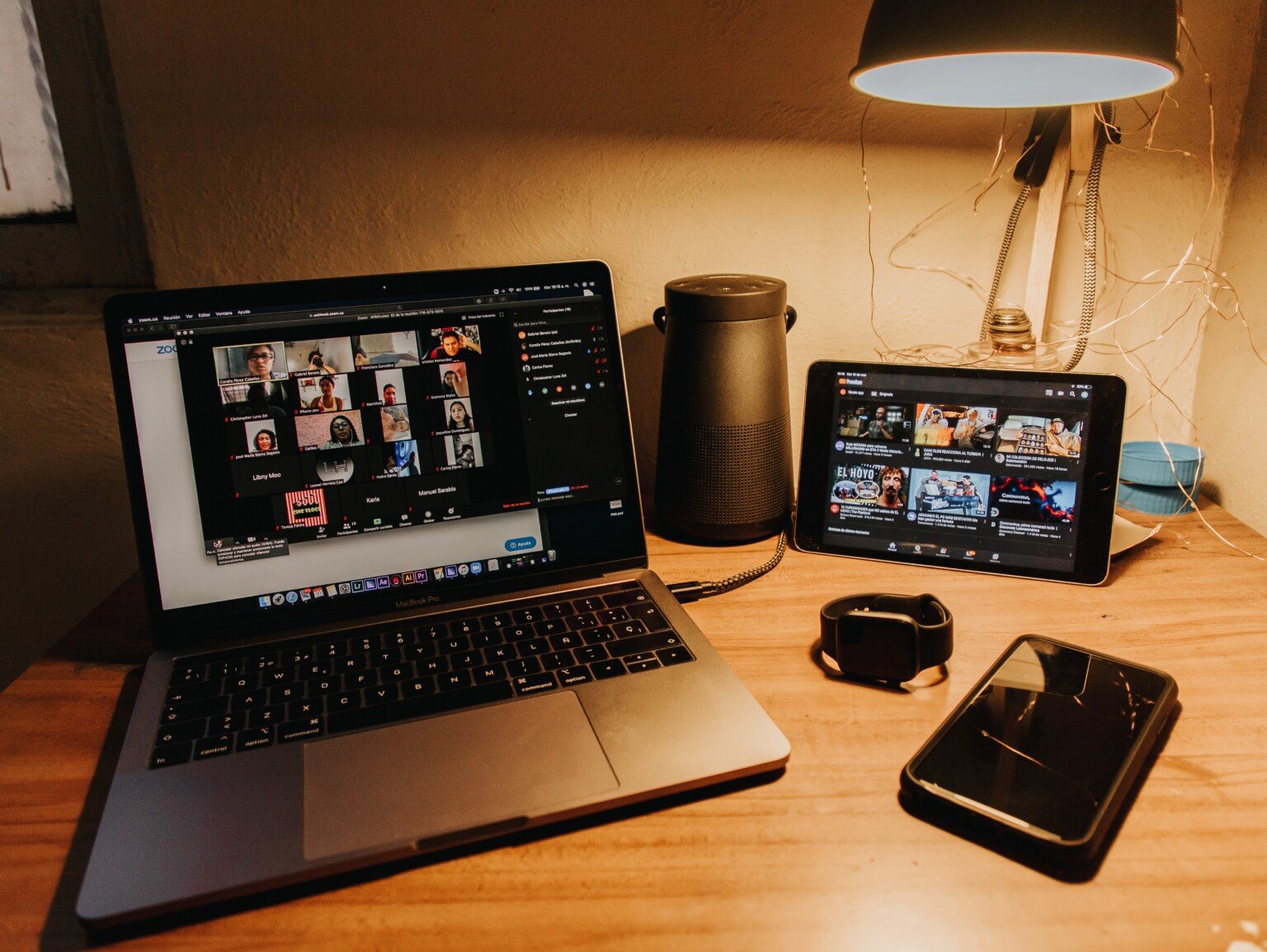SUCCESS TIPS FOR VIRTUAL ENTERTAINMENT
With the continuation of the Covid pandemic, virtual entertainment has become the go-to for millions of people globally. Virtual events permit artists and entertainers to continue working, and audiences to enjoy without the risk of attending a spreader event for infections.
Virtual entertainment also eliminates a lot of physical work for organizers including logistics, security, crowd control, and general hospitality organization. At the same time, they decrease expenses and can reach a much wider audience, internationally.
When planning on hosting a virtual entertainment event, just like hosting live entertainment, there’s quite a bit of work, and art if you will, that goes into making it a success. Beginning with how you create your message to the creation of a virtual stage, every detail counts to attracting an audience and keeping them entertained. You’re not just setting up a video meeting.
Here are some of the experts’ top tips for making your virtual entertainment event a concrete success.
1. Establish Your Goal
It’s important to establish from the get-go what kind of entertainment you want to offer because this will also establish the audience base that you can work to grow.
2. Build a Team
Virtual entertainment, like live entertainment, requires a production team. Experienced audio-video engineers, technical direction, as well as marketing professionals are crucial to the success of your event.
3. Select the Right Platform, Duration, and Transmission Time
When organizing your event, you’ll need to select the best platform, and every digital platform will feature benefits and disadvantages. Weigh pros and cons carefully when selecting and make sure your intended audience can access and connect.
Do you want live streaming via Facebook or Instagram where much of your audience is probably registered, or do you prefer a specific media that is paid for streaming events like IBM Video streaming or Live streaming for a professional streaming experience? The cost will need to be calculated in the entertainment event budget.
Decide the duration. Will you be featuring a show with a specific duration, or will you be hosting multiple artists? Avoid downtimes, keep things crisp, concise, and moving, and make sure to include breaks or intermissions. Breaks are necessary for live entertainment events, so don’t make the mistake of thinking that virtual events are any different. Allow your audience to get a drink, go to the restroom, or relax and chat.
4. Design an Experience or Adventure
Keeping an audience engaged today is not as easy as one might imagine. This is true for live events and becomes more acute with virtual events. Often in live events, seating and time intervals will contribute to at least keeping audiences watching. With a virtual event, this is no longer true. They can disengage at any moment.
Create an experience for your audience or a virtual adventure that is compelling and interesting. Organize interaction tools like live chats and comments. Ask your audience questions during the event to measure interest, participation, and consensus, and respond to any live questions they may ask.
5. Concentrate on your Audience and Event Marketing and Promotion
Marketing is everything. You can’t have an audience if no one knows about your event. Create your marketing strategy around your headlining artist or show. Market early enough to get your audience on board and invest some of your budgets in paid advertising on social media platforms. Try to involve influencers and use SEO-landing pages for Google promotion.
6. Practice Makes Perfect
For your virtual event to go without a hitch on your end, you should plan a full run-through before the event concentrating on audio and video performance and evaluating if there are downtimes in your event that need to be eliminated. In this manner, you’ll manage to get ahead of any issues that can damage or diminish the success of your event. You want a smooth live performance in the end.
7. Have Backup Equipment
This is important because, for as many advantages that technology can offer, it has one major drawback, it can fail at any time. So, prepare ahead of time for glitches, interruptions, and connectivity issues. Will your internet connection manage increased traffic? Will increased traffic reduce streaming quality? Make sure any requirements for connectivity are discussed with your providers ahead of time. Also, inform your audience attendees what requirements need to be met to connect to your event. This will help protect them from problems during viewing and malcontent.
8. Create a Guide for Virtual Attendance
Many fans of the artists you plan to present may not be familiar with technology but would like to participate. Make sure you offer concise and simple-to-follow instructions for accessing your platform and eventual simple payment procedures for participation. A live chat function for online assistance several hours before the event might be helpful.
A Final Thought
Virtual entertainment is an opportunity for relaxing and enjoying live entertainment in an era where close contact is still ill-advised, and it allows for social interaction safely.
With the correct platform, engaging content, audience interaction, good marketing, and technology backup, your event should be a major success. What’s more, after a successful event, you’ll have earned reputation credibility for the next virtual entertainment you plan, too.
Of course, in-person events can still be effective and enjoyable too, with effective crowd-control methods and when following official guidelines.
If you’re thinking of planning an event - whether in-person or virtual - we can help!
Entire Productions is active in creating virtual events and will work with you to create an amazing event. Call (415) 291-9191 x701 or email us at events@entireproductions.com to get started.


